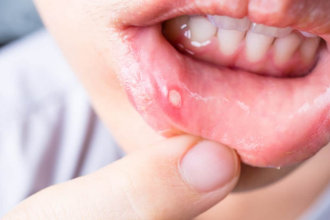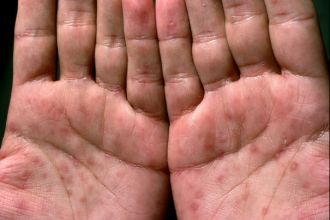Your eyes don’t usually scream for help — they whisper. And by the time many people notice serious issues, permanent vision loss may have already begun. Medical experts warn that slow-onset blindness can be prevented or managed if the signs are caught early.
Below are 8 common symptoms that may indicate you’re slowly going blind — and what you should do immediately…….CONTINUE READING
👁️ 1. Blurry or Cloudy Vision
If your vision starts to feel like you’re looking through a foggy window, it could signal cataracts, glaucoma, or macular degeneration — all leading causes of blindness.
🌙 2. Poor Night Vision
Difficulty seeing in low light or while driving at night is one of the earliest signs of retinitis pigmentosa or vitamin A deficiency, both of which can cause gradual blindness.
💡 3. Increased Light Sensitivity
Are you squinting more than usual or avoiding sunlight and bright lights? This could be a sign of corneal damage, uveitis, or other eye disorders.
📉 4. Tunnel Vision or Peripheral Vision Loss
Losing your side vision slowly may indicate glaucoma, a silent vision thief that damages the optic nerve over time.
🧱 5. Frequent Bumping into Objects
If you’re increasingly bumping into furniture or missing steps, it might not be clumsiness — it could mean your visual field is narrowing.
🎯 6. Floaters, Flashes, or Blank Spots
Sudden floaters, flashing lights, or black spots in your field of view may point to retinal detachment or diabetic retinopathy, both medical emergencies.
🔄 7. Constant Eye Fatigue or Strain
If reading or focusing on screens leaves you exhausted, it could mean failing eye muscles or early vision deterioration.
👓 8. Frequent Prescription Changes
Constantly updating your glasses or contact lens prescription may be your eyes’ way of telling you something deeper is wrong.
✅ Early Steps to Take Immediately:
-
Schedule a Comprehensive Eye Exam — See an optometrist or ophthalmologist regularly (at least once a year if you’re over 40).
-
Control Chronic Conditions — Manage diabetes, high blood pressure, and cholesterol, which can all harm your vision.
-
Wear UV-Protective Sunglasses — UV rays can accelerate conditions like cataracts and macular degeneration.
-
Eat Eye-Friendly Foods — Leafy greens, carrots, omega-3-rich fish, and citrus fruits support eye health.
-
Don’t Self-Medicate Eye Drops — Some over-the-counter products may worsen symptoms or mask serious conditions.
Vision loss often starts silently. But early detection saves sight. If you notice any of these warning signs, don’t delay — consult a qualified eye doctor immediately. Protect your sight today so you can still see tomorrow.






